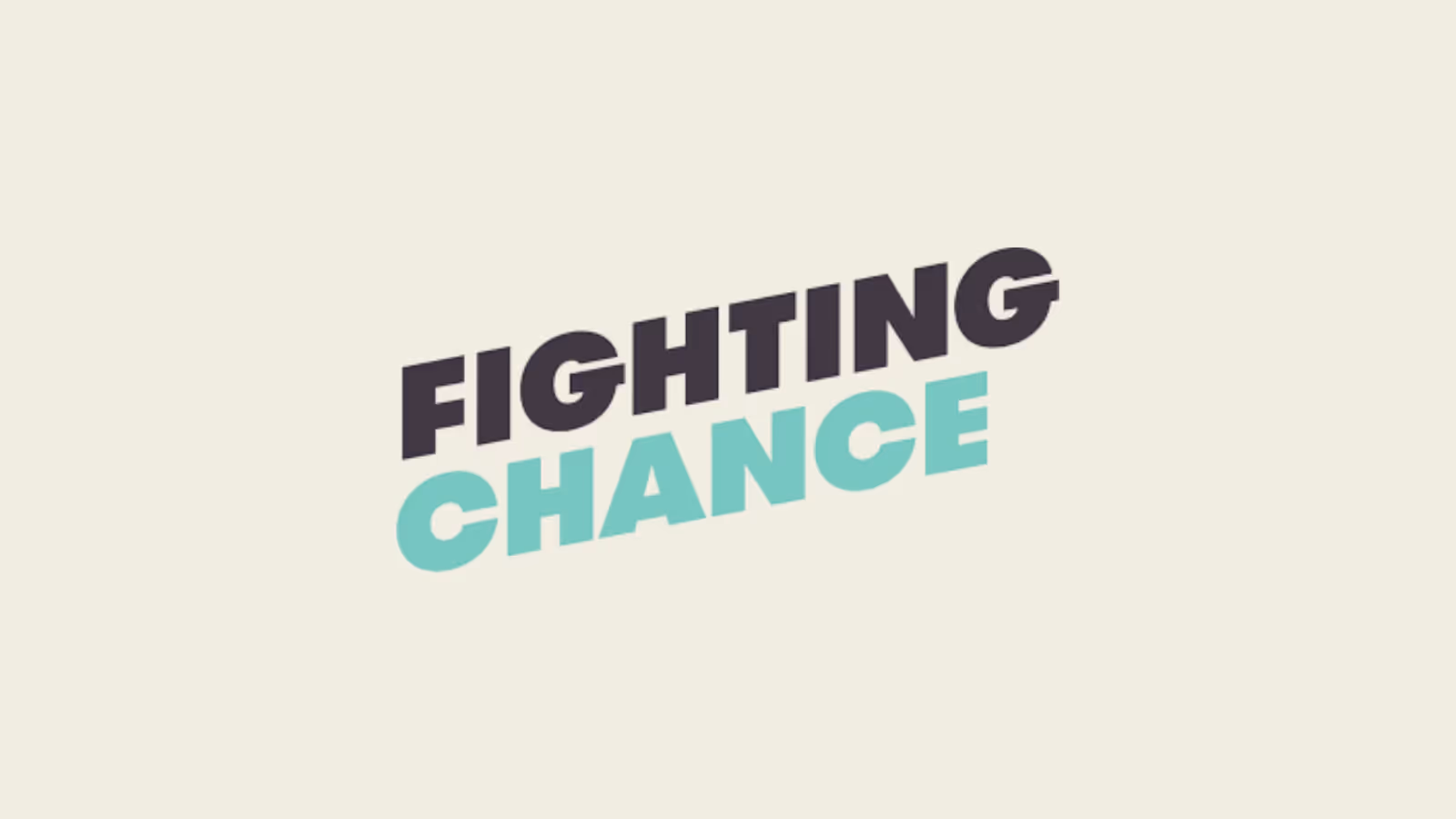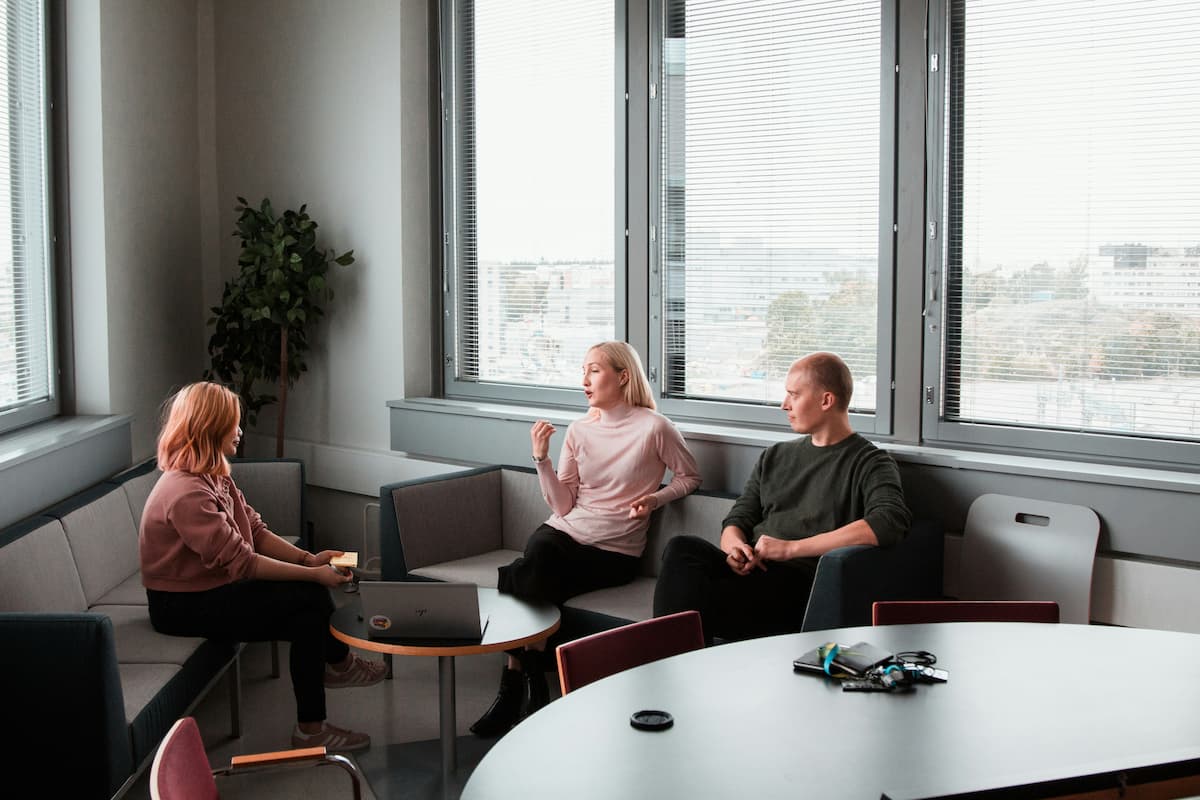What Is Preseenteism At Work?
What is presenteeism? Learn its impact on productivity and worker wellbeing.

In many Australian workplaces, showing up is treated as commitment. But some of your most “reliable” employees may actually be struggling.
Unlike absenteeism, presenteeism is harder to spot—people are physically present but mentally unwell, stressed, or burnt out. It quietly drives down productivity and worsens health.
Recognising it early and offering support, including through an EAP, helps build a healthier, more resilient team.
What Does Presenteeism Look like?
Presenteeism occurs when employees come to work despite being unwell—physically, mentally, or emotionally—and are unable to perform at their best.
It’s often mistaken for dedication, but unlike absenteeism, where an employee is physically absent from work, presenteeism hides in plain sight, quietly impacting productivity and wellbeing.
Common causes of presenteeism include chronic pain, fatigue, stress, anxiety, and depression. In many cases, employees feel pressure to show up due to fear of job loss, workload expectations, or stigma around mental health at work.
Over time, this can worsen health outcomes and create a ripple effect across teams.
Presenteeism as a Reflection of Mental Health Challenges
Mental health struggles at work are a leading—but often overlooked—cause of presenteeism. Conditions like depression, anxiety, and burnout can make it difficult for employees to function at full capacity, even when they’re physically at work.
They may feel overwhelmed, distracted, or emotionally exhausted, yet still push themselves to show up.
This behaviour is often driven by stigma. Many employees fear being judged, seen as weak, or jeopardising their job if they take time off for mental health reasons.
In industries where toughness is valued—like construction or trades—this stigma can be even stronger.
As a result, workers may suffer in silence, leading to long-term consequences for both their wellbeing and workplace performance.
The Impact of Presenteeism
Presenteeism can take a serious toll on both the individual and the business. For employees, pushing through mental or physical illness without adequate support can worsen their condition, leading to chronic stress, fatigue, and a decline in overall job satisfaction. Over time, this can contribute to employee burnout and long-term absenteeism.
For organisations, the hidden nature of presenteeism makes it a silent productivity killer. According to the Royal Australian College of General Practitioners (RACGP) and Safe Work Australia, presenteeism often results in lower work quality, reduced efficiency, and disengagement—factors that impact team morale and collaboration.
With new regulations, there is a higher responsibility on organisations to provide a safe working environment, and to provide early intervention initiatives to support wellbeing and help seeking
Organisations that take a genuine interest in their workers experience of work, and create a people first culture will become an employer of choice.
Recognising the Signs of Presenteeism Related to Mental Health
Common behavioural signs:
- Appearing withdrawn or disengaged
- Seeming unusually tired or low in energy
- Difficulty concentrating or frequent distractions
- Working longer hours without improved output
- Avoiding breaks or time off, even when needed
The role of managers and colleagues:
- Pay attention to subtle changes in behaviour or performance
- Create a culture of trust and open communication
- Foster a psychologically safe workplace where employees feel supported
- Reduce stigma by normalising mental health conversations
Support strategies:
- Train managers to recognise and respond to signs of mental health struggles
- Encourage early intervention through regular check-ins
- Promote access to confidential support like an Employee Assistance Program (EAP)
Strategies for Addressing Presenteeism in the Workplace
- Promote a supportive, open culture by normalising conversations about mental health.
- Implement an Employee Assistance Program (EAP) and ensure employees know how to access it.
- Encourage the use of sick leave for mental health, without guilt or stigma.
- Train managers to recognise signs of mental health struggles and have effective, supportive conversations.
- Support flexible work arrangements and regular check-ins to maintain ongoing wellbeing.
Talk To Us Today About Improving Employee Mental Fitness
Presenteeism is more than just showing up—it’s a signal that something deeper may be going on. Left unaddressed, it can quietly erode employee wellbeing, productivity, and workplace culture.
Recognising the signs early and creating a supportive environment is key to tackling the root causes—especially when it comes to mental health.
At Foremind, we make it easy for employers to support their teams through confidential, accessible workplace counselling and wellbeing tools.
If you’re ready to take a proactive approach to mental health in your business, talk to us today and see how Foremind can help.
Related Content:
- How Much Do EAPs Cost?
- EAP For Small Business
- Are EAPs Confidential?
- Cost of Poor Mental Health in the Workplace
- Important Employee Engagement Metrics

Hello 👋 I’m Joel the founder of Foremind.
Are you ready for simplified support & compliance?
Latest insights
Answers to the frequently asked questions.
Still have questions?
Email us at enquiries@foremind.com.au and we'll get back to you quickly with a response
Yes, we have culturally competent counsellors available, including those able to work with first nation and CALD employees.
Onshore on secure AWS Servers in Sydney Australia. All data is encrypted in transit and at rest and our entire team is located in Australia.
Employees can access our platform on any device (mobile, laptop, desktop, etc.) as long you have the website link - no need to download any app on devices. You wouldn’t need to enrol any of your staff individually.- When we do our onboarding, we ask for the first name, last name and email of all your employees, and send out an email invite to all them which will allow them to create their own individual account to access the platform. For new staff we can also invite them or provide you with a unique link to embed in your onboarding process, whichever is more convenient for you. We also kick things off with a launch webinar or video to make sure everyone is aware of Foremind and how to use it. We’ll also provide you with any collateral such as posters, QR codes, brochures etc. to help drive awareness and encourage people to create an account in the platform.
The support line is answered by our reception service 24/7. It is for urgent platform or session-related issues only (e.g. *“My counsellor didn’t show”*) or helping staff create an account.





